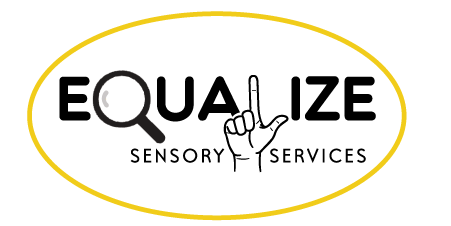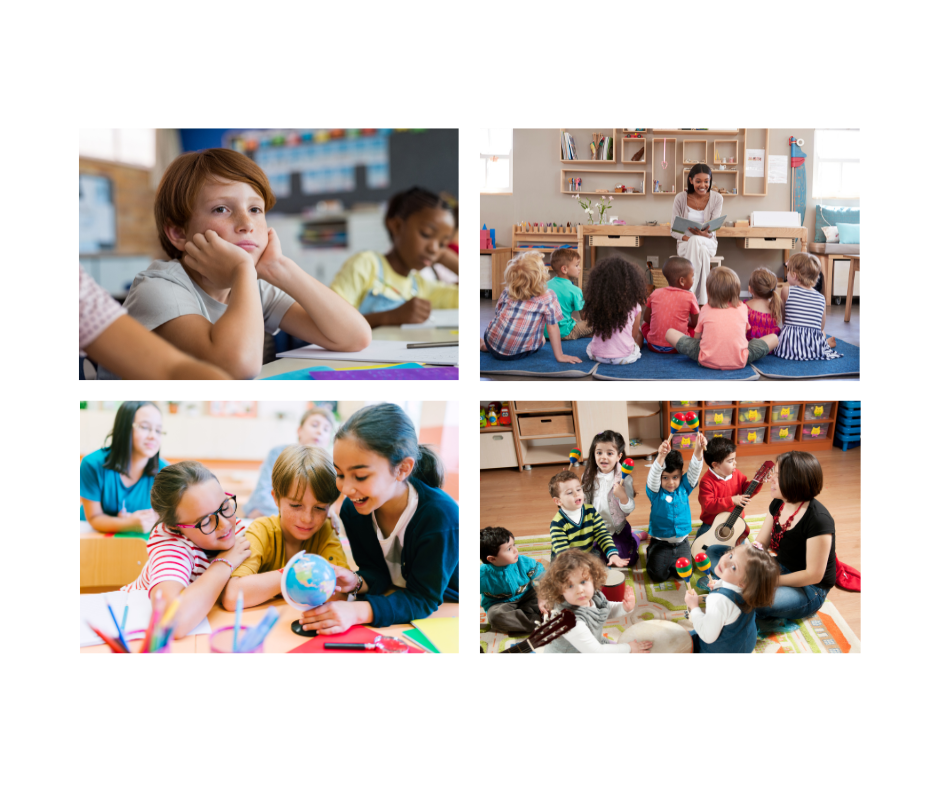From kindergarten to grade twelve, students with hearing loss often encounter issues with socialization. Let’s face it, our students are often so focused on keeping up academically that developing friendships may take a backseat during the school day. Our children with cochlear implants and hearing aids often work harder to stay on-track with the lesson and become fatigued from the strain to listen, attend and comprehend. While this effort often reflects positively on their grades, they may be missing out on the budding friendships that often come from side-talk and under-the-breath jokes and comments made in the classroom. Add to this, the curiosity surrounding the use of amplification devices and accommodations like the FM/ALD and preferential seating and our students may begin to feel very “different”.
In the lunchroom or during gym class, echoes, reverberation and noisy chatter may cause our students to become overwhelmed or to struggle to hear their peers when they do try to initiate conversation. Peers may begin to feel that students with hearing loss don’t want to engage with them or are just “too hard to talk to.” In the excitement at recess or assemblies, kids may tire of repeating themselves and stop trying to include students with hearing loss in their conversations and games. Communication breakdowns can happen often and their incidence increases in less than ideal listening environments AKA: pretty much everywhere students gather to play or chat!
As teachers, we would never want to encourage our students to become distracted during class and we don’t always have time to explain every accommodation to the group. So, what can we do to help our kiddos who may get the “bookworm” or “teacher’s pet” reputation? What about when peers stop trying to include them in social settings due to frustrations with repeating themselves and/or comprehension issues?
Here are a few ideas that will work for students of any age:
- Most importantly, we need to instill enough confidence and communication repair strategies in our students that they will be able to persist even when communication gets hard! As adults, we can't always be there to facilitate healthy social interactions or to prompt our students to explain their own listening devices and accommodations. This is where Teachers of the Deaf and Hard of Hearing can step in to help. We not only focus on listening and language development, we also can address self-advocacy with teachers and peers. We want our students to feel comfortable using their equipment, asking for clarification and developing the skills and determination needed to persist in engaging with peers even when it gets hard.
- In the classroom, teachers can keep an eye out for students who may be excluded or stay on the sidelines. They can seek to pair these students with children who show leadership skills, compassion and patience. A friendship may develop from frequently working together in groups or doing classroom chores together.
- Teachers must advocate for the use of the FM/ALD. Even beginning in kindergarten, students can learn the basics of speaking into the FM/ALD and passing the mic during group work. As they get older, responsible peers can “earn the privilege” of using the mic during lunchtime or recess and other social times when a teacher can loosely keep an eye out for the safety and care of the device. We want to prioritize the maintenance of the equipment, of course, and we wouldn't want it to get lost or damaged, but we also must remember the benefits for the child and weigh the pros and cons accordingly. This may involve starting a quiet but fun activity between a pair of responsible students and then allowing them to use the mic during free play or recess. Or, for older students, during lunch or group study times.
- Identify the student’s areas of strength and interest and then encourage them to join after school programs, groups, clubs and activities. A student may be interested in art and benefit greatly from encouragement to help out with set design for the school play, for example. Often students with hearing loss may not seek out such activities on their own. However, once they get started, they will undoubtedly benefit from the additional non-academic time to bond with peers while working toward a common goal. If the student is responsible enough, they can bring their mic to after school groups or sports and (with the support of the Teacher of the Deaf and Hard of Hearing, audiologist and/or administrators) the coach or instructor can be informed of the best times to utilize the FM/ALD and how to care for it.
If you know of a student with hearing loss who is often left behind by peers, please consider reaching out to a Teacher of the Deaf and Hard of Hearing from Equalize Sensory Services to brainstorm strategies or set goals to work toward. We are always happy to help and to collaborate with school audiologists and/or other instructors to provide the very best possible listening conditions and self -advocacy skills possible for our students in a variety of settings.

